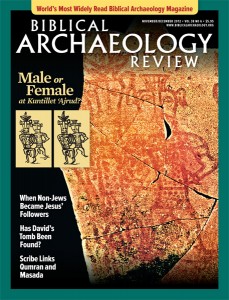
The Fiscus Judaicus and the Parting of the Ways
By Marius Heemstra (Tübingen: Mohr Siebeck, 2010), xiv + 241 pp., €59.00 (paperback)
The fiscus Judaicus was a tax imposed on the Jews of the Roman Empire by Emperor Vespasian in the early 70s C.E. Whereas formerly the Jews had sent a half shekel (two drachmas) annually to the Temple of Jerusalem, now, after the Roman destruction, they would be required to send that same amount to the temple of Jupiter Capitolinus in Rome, which had been badly damaged by fire and was in need of repair and restoration. The Roman victory over Judea in 70 C.E. was celebrated widely in Rome in the 70s and 80s C.E. because it was so important to the new ruling dynasty. Vespasian and his son Titus returned from Judea not only as triumphant generals but also as newly installed emperor (70–79 C.E.) and emperor-to-be (79–81 C.E.). The Colosseum was built with funds from the war booty of Judea,a the city was adorned with two magnificent triumphal arches (one of which, the Arch of Titus, still stands), and the temple of Jupiter Capitolinus was rebuilt with funds from the Jewish tax.
Already a library member? Log in here.
Institution user? Log in with your IP address.

